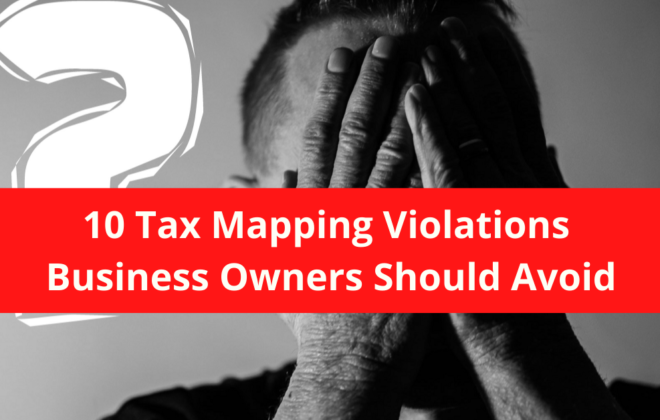BIR Registration: 3 Simple Steps for Freelancers
Taxes can sometimes give freelancers and self-employed professionals an uncomfortable feeling. It’s something that most freelancers want to avoid and don’t want to wrap their heads around. It’s a tedious process they will have to do the filing work themselves.
But, whether you like it or not, you need to pay the right taxes to keep your business going. So, if you haven’t registered your services to BIR yet. Here’s a quick guide to help you with processing your BIR registration.
1. What are the requirements that I need to prepare?
- NSO birth certificate
- Photocopy of mayor’s business permit, if applicable
- DTI certificate of business name, if applicable
- PRC ID, if applicable
- Occupational Tax Receipt (OTR) or Professional Tax Receipt (PTR), if applicable
- Marriage contract, if applicable
- Contract/company certification, if applicable
- Affidavit indicating the rates, manner of billings, and the factors considered in determining service fees (as specified in BIR Revenue Regulation 4-2014)
- Other necessary requirements which you can see by clicking here
2. What are the steps in registering my freelancing business?
It’ll be easier to obtain an application for registration if you already have a Tax Identification Number or TIN. You can easily secure one via BIR website or the BIR portal free of charge if you don’t have it yet.
- Accomplish BIR Form 1901 and submit together with the documentary requirements to the Revenue District Offices (RDO) having jurisdiction over the place of business.
- Pay the annual registration fee (P500.00) at BIR or any authorized agent banks (AABs) of the concerned RDO.
- Submit all of your documents. Make sure they’re complete and that you have the right number of photocopies.
- Pay the P15 certification fee and the P15 documentary stamp tax. A form will be given, which the taxpayer will be attaching to the registration certificate later on.
- Attend the taxpayer’s initial briefing to be conducted by the RDO for new registrants in order to advise them of their rights and duties/responsibilities.
- The RDO shall then issue the Certificate of Registration (Form 2303) together with the “Ask for Receipt” notice, Authority to Print (ATP), and Books of Accounts.
- Submit requirements for ATP and registration of books of accounts (journal/ledger/subsidiary professional income book and subsidiary purchases/expenses book) and have them stamped by the same RDO.
3. How do I know if I am subject to 12% VAT?
With your service business or freelance gig, BIR will require you to pay business taxes regardless of you’re earning or not. Remember: Your tax deductions are based on the gross receipts or sales and not on your net income.
- Businesses with gross receipts and sales that exceed Php3,000,000 are liable for 12% value-added tax (VAT) while 3% percentage tax is required from your gross receipts if it doesn’t exceed that amount.
- For these taxes, you must file BIR Form 2550M/2550Q (VAT) and BIR Form 2551Q (percentage tax) on the 20th and 25th month following the applicable month or quarter respectively.
To learn more on this subject, download this tax guide from BIR updated, written, and designed for self-employed professionals.
Too busy? Our team can help you!
Need business registration and tax compliance services for your freelance business? We can do this for you.
Talk to us today for a free consultation!
Sources: BIR, Kalibbr Blog, The Freelance Pinoy
Related Posts
Recent Posts
- New Features and Functionalities of the Online Registration and Update System (ORUS)
- A Comprehensive Guide to Taxation for Freelancers in the Philippines
- New Tax Laws in 2024: What Changes Filipino Taxpayers Should Prepare For
- How to Avoid Common Tax Mistakes in 2024
- Tax Deductions and Benefits Often Overlooked by Filipino Taxpayers





